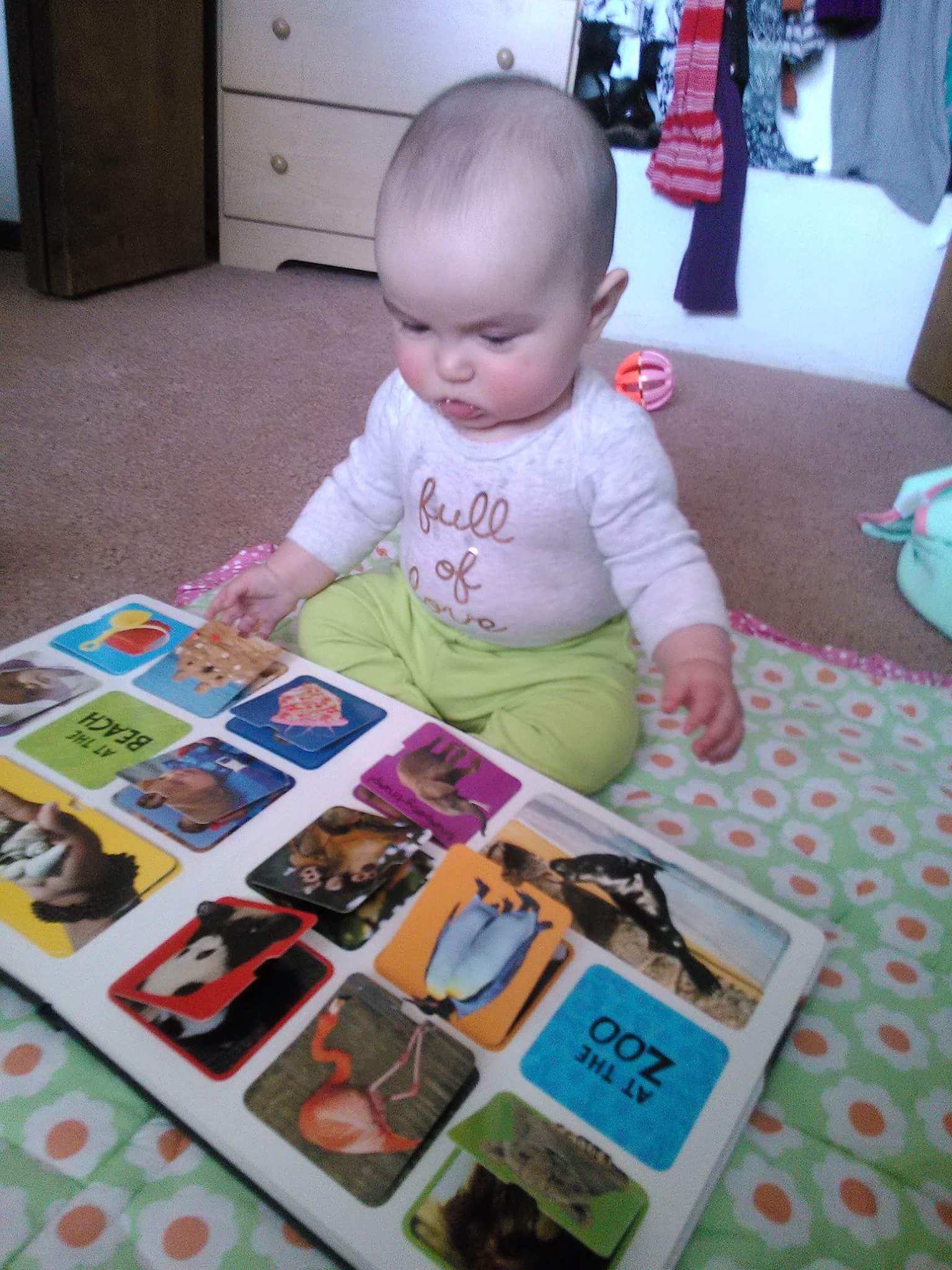HELPING PRESCHOOLERS AND KINDERGARTENERS
LAY THE FOUNDATION FOR READING SUCCESS

Sometimes parents worry about teaching their children "school-related" information. They are afraid of making mistakes--perhaps harming their children's learning in some way, or of doing so much that their children will be bored in school. Nothing could be farther from the truth! Laying the foundation for reading success can and should start at home. In fact, for many children - especially those who may have reading difficulties - an early start is essential for reading success.
Read Aloud to Your Children Every Day!
This is the single most important activity you can do to lay a foundation for your children's reading success. Here are some suggestions:
- Choose books on subjects you know your child is interested in. These may include nursery rhymes, books with patterned verses, or rhythmical text.
- Vary the types of books you read - (adventure, animal stories, fairy tales, nursery rhymes, familiar characters, etc).
- Talk about stories as you read them aloud. Ask your children, "What just happened?" and "What do you think will happen next?" (Then, check to see if prediction was accurate).
- Re-read the stories your children enjoy. They may "pretend" read them after several readings. Encourage this.
- Explain words or concepts in the story that your children may be unfamiliar with.
- Use expression as you read aloud to make the text come alive!
Play Games with the Sounds in Words You Say Out Loud.
- Rhyming - example: "What words rhyme with 'cat?'"
- Initial sound - example: "What sound do you hear at the beginning of 'paint?'"
- Syllable breaks - example: "Let's clap out the beats we hear in 'Pokemon!' Now let's try 'basement.' Now let's try 'marshmallow.'"
(These are phonological awareness games. They are important for pre-readers because they help develop the ability to attend to small sounds in speech-an important predictor of reading success. For more ideas, ask your children's teacher)
Help Your Children Learn to Name the Letters of the Alphabet (Upper AND Lower Case).
Learning the ABC song is a good place to start. From there you can use magnetic letters, wooden letter puzzles, games or other manipulatives to teach the names and sounds of individual letters.
One activity that preschool children enjoy and profit from requires only a puppet with a moving mouth, your refrigerator, and a set of magnetic letters. Put 2 dissimilar letters on the refrigerator (e.g., m and t; not b and d!). One should be a letter that your child knows and one should be a letter that is unknown or less familiar. Talk about the name of the unfamiliar letter. Ask your child to repeat the name several times. Then, have the puppet say, "My name is Charlie Chicken and I love to eat letters! Can you feed me an 'm?'" The puppet "gobbles" the letter and asks for another one. As the child feeds the puppet, the puppet asks, "What is the name of this letter? What sound does it make? Tell the name again!" Re-teach as needed. Over time (months!), work through the entire alphabet. This activity is often good for a solid 10 minutes of alphabet work with a preschooler or kindergartner.
Once Your Children Know Letter Names and Sounds-Start Writing!!
Encourage your children to use their knowledge of letter names and sounds to write notes, picture captions, lists, and stories. Help them stretch words out to hear the individual sounds.
For example, when your daughter asks, "How do you spell 'dog?'" tell her to stretch the word out to hear the first sound. When she responds, "duh, duh, duh," ask her, "What letter makes that sound?" When she responds, "d," say, "Good job! Write 'd,'" and so on. At this early stage of development, don't worry about correct spelling - as children engage in the simple exercise of "listening for the sounds" - as they write words, they develop important reading and spelling skills.
Other Helpful Activities Include:
- Outside the home, point out signs and labels to your children.
- Take your children to the library and bookstores. Sign up for their own library cards and use them often.
- Have a variety of books, magazines, and other reading materials at home.
- A child's own "library" in his or her room encourages a value for books.
- Tape labels on objects such as 'bed,' 'chair,' 'doll,' 'table.'
- Have your children help you make grocery lists.
- Have your child help you "read" a recipe as you make food.
- Read aloud from an easy, predictable book, being sure to point under each word. Then, ask your child "copycat" you by pointing and "reading" the same page. Eventually, children will be able to "fingerpoint read" their favorite predictable books. This ability to match voice to print while pointing is an important early reading skill that you can encourage at home.For additional recommendations to help young children on the road to literacy, view Utah State Standards for Preschool at https://preschool.uen.org/corestandards.shtml.

